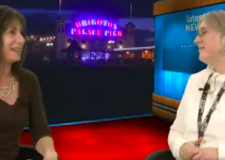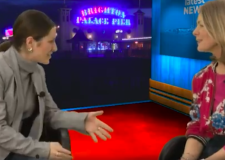Science & technology at Portslade Aldridge Community Academy
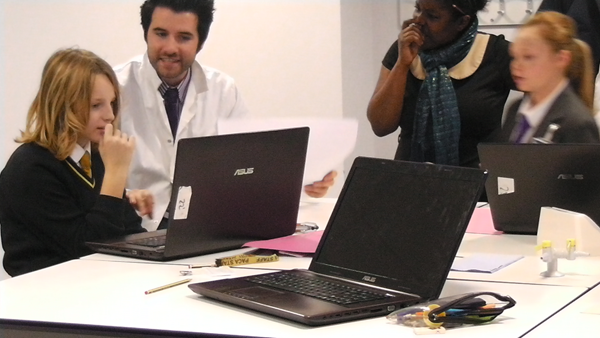
Unlocking potential with Dr Caroline Oprandi
Bright-stars (our year 11 triple science team) are going to Imperial College London to design a ‘Settlement in Space’. This is a competition hosted by the UK Space Agency and if they win, they go to NASA. Good luck Bright-stars!
The Astronomy Club will be attending the Astronomy Masterclass held at the University of Sussex. Dr Darren Baskill, who organizes these events, has recently tweeted about the South Downs Dark Skies pledge –
apparently there are precious places in the South Downs where the dark skies are still dark enough to reveal an astonishing starscape. There is a bid to make the South Downs an ‘International Dark Skies Reserve’ and you can help to support the bid by going online (www.darksky.org).
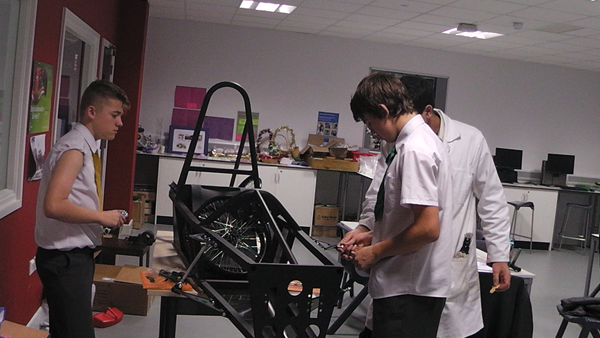
As something of a tangent, we have also started to write a Dr Who play, where Dr Who travels back in time and meets all of our favourite scientists. We then have to imagine what the world would be like without them. We are delighted to have the English department helping us with the script – so who knows where it will go, with the sciences and humanities coming together. Exciting stuff!
The skies are still dark enough to reveal an astonishing starscape
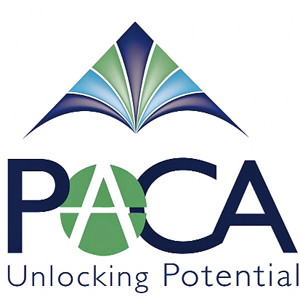
We are also casting the first female Dr Who. Trying to find famous female scientists in history is harder than trying to find male ones. But then again, in our not-too-distant past, women were rejected from university simply for being female; Marie Curie, for starters. In 1847, Elizabeth Blackwell was also rejected for wanting to study medicine, and was told to disguise herself as a man. It was put to a vote of 150 male students at Geneva Medical College regarding whether she should be accepted, who, thinking it was a joke, voted ‘yes’. She became the first female doctor!
Follow me: @CarolineOprandi



















